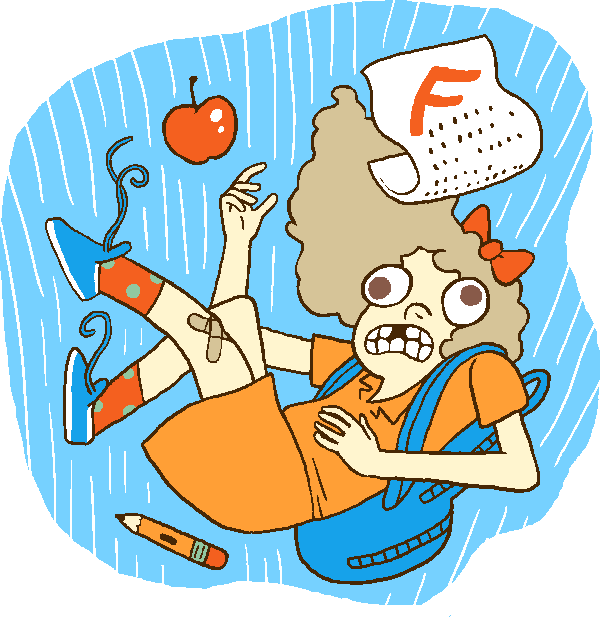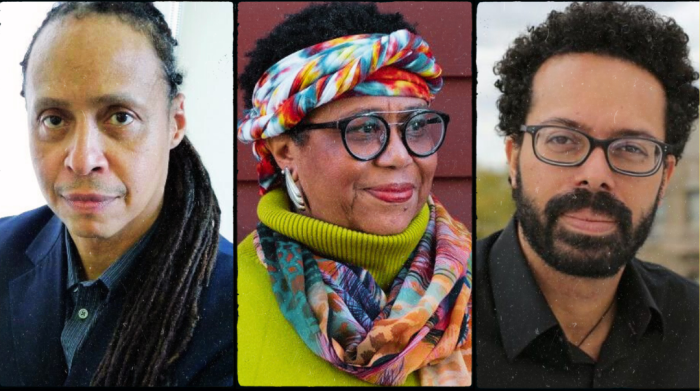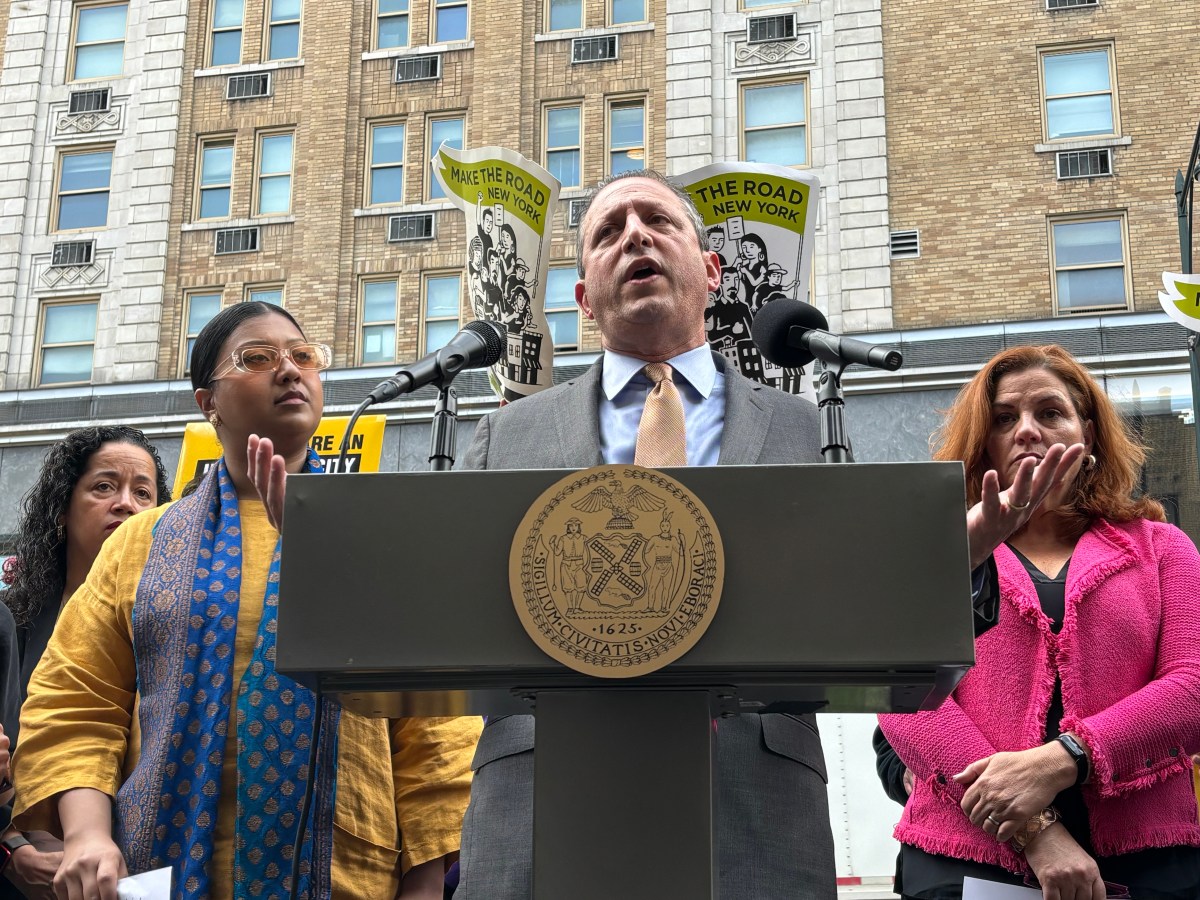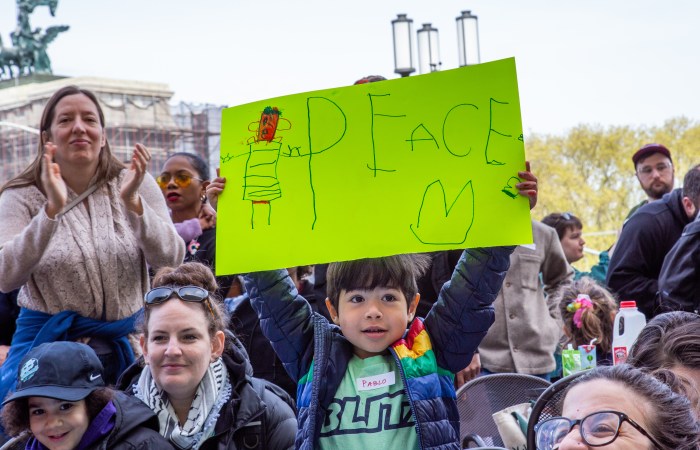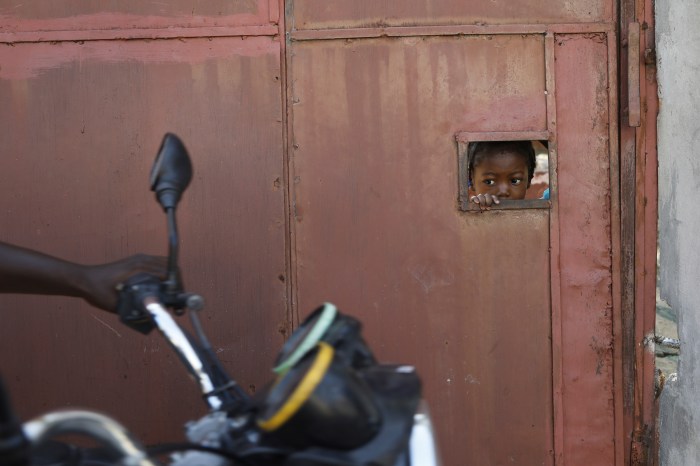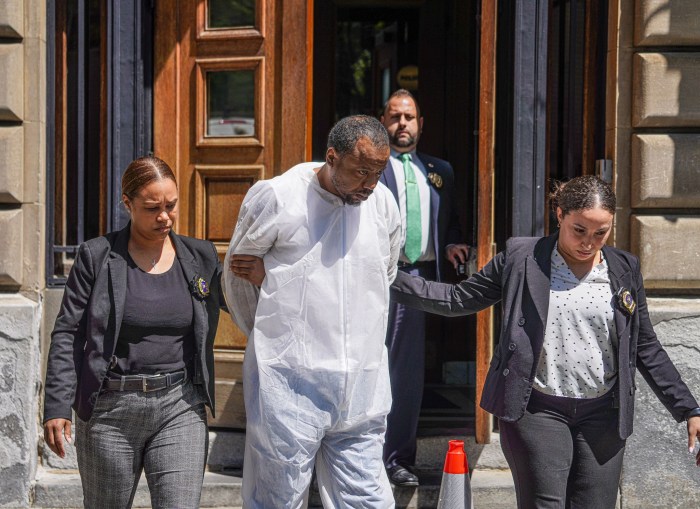Paging through magazines in the dentist’s waiting room I was reminded that still, in the big, wide world, moms are parents and dads are, well, just dads.
For all the changes during the past 20 years in the amount of time men spend participating in family life and caring for their children, the assumptions we make about who the real parent is in a family remains intractably the same — the mom.
I was reminded of this when a new nurse started at my daughter’s school who initially called my wife, even when my number’s listed first on all the info sheets, only to find out that I’m the one who can pick up my daughter or make the doctor’s appointment or provide any necessary medical information.
When my girls were little, women felt justified, even compelled, to tell me that my kids should be wearing hats, or a sweater, or would intervene if I had a crying toddler in a grocery store aisle because, clearly, I needed help. That was more than a decade ago, when fathers in office garb dropped off their children in the mornings, but almost none were at pick up or the playground after school. Today I see more men hovering outside in the afternoon, participating in the informal parenting circles that are setting up play dates, coordinating upcoming weekend activities, and swapping useful information that parents rely on.
Expectations on fathers have certainly shifted. Today it would be unthinkable that a dad couldn’t change his infant’s diaper, and, at least in Brooklyn, it’s accepted that two men raising children together are creating as caring and vital a family as any other.
Still, the tropes used when discussing dads remain stagnant — the hapless dad, the coach, the oblivious dad. Books by and for fathers mostly fall into either humorous and sweet memoirs or pep talks to men about why dads are important to their children.
I must admit to occasionally using people’s assumptions for my benefit, like making the sheepish, I’m-just-a-dumb-dad face to get my kids into a bathroom or to smooth over some poor behavior in public. It usually worked, eliciting sympathetic looks at my children, as if they were facing a lifetime of disadvantage because their father was caring for them.
I’m ready to give this up and it is time we all overcome any remaining resistance to the idea that dads are parents too. There are some dinosaurs out there, but men that can’t give up the dream of having a “Leave It To Beaver” life, statistics show their extinction is near.
The number of stay-at-home dads reached 2 million or more in 2012. Fathers certainly coach their children’s soccer teams but we also cook a decent meal and manage the kids and the home when spouses travel for work or fun. Us men have proven very adaptable to changes in our homes and workplaces, mostly thriving as our family roles expand.
It is time for the rest of the world to catch up, for dads to open a parenting magazine and know that it is for us as much as for the moms who might be in the waiting room next.
This concludes my run in the Brooklyn Paper. I’d like to add a big thank you to my editors, Gersh Kuntzman (who hired me) and Vince DiMiceli (who kept me around) for the opportunity to add a dad’s voice to the parentsphere, and, of course, to you for reading.


